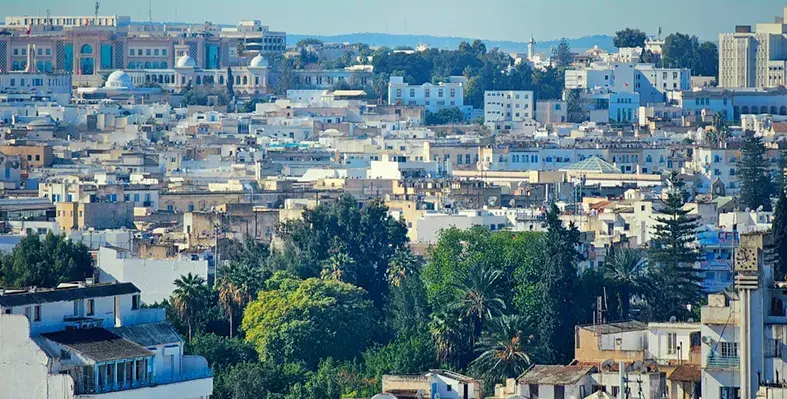Exporting to international markets is a powerful way for African tech startups to increase their company’s bottom line, smooth out seasonal dips, and increase competitiveness
A critical part of the work by the International Trade Centre’s NTF V programme is to train African entrepreneurs on how best to conquer the complexities of global marketing and international sales.
“We will be using the training to improve our marketing strategy and growth plan for 2023 and the years ahead,” said Nehemiah Yelu Attigah, founder and CEO of Hatua Tech Ltd. “We are looking to venture into the UK, the Netherlands, and Nigeria as primary markets, and Sierra Leone, Gambia, Kenya and Rwanda as secondary markets,” said Attigah.
Hatua Tech is a Ghanaian business process outsourcing business that helps companies in the service and manufacturing sectors streamline and digitise their processes and manage effectively. Attigah said his company has worked hard to get potential clients to see their value proposition.
The EMP breaks down how companies should identify their internal strengths and weaknesses and determine which international markets they will be able to expand into. Participants were given export marketing handbooks to guide them through the training and develop their own tailor-made service offering and export plan.
Partners from key institutions that ITC works with, such as Joyce Owusu-Kwarteng from the Ghana Export Promotion Authority, David Gowu from the Institute of ITC Professionals Ghana, and Akosua Annobil, the founder of the Tech in Ghana biannual event, were also brought in to interact directly with the companies.
“The presence of these government agency enablers at the meetings means they now are aware that organisations like ours exist in Ghana,” said Ernest Amartey Otu, senior manager, marketing & sales at e Services Africa Ltd., (eSAL) who also took part in the training.
eSAL is a 24-hour business process outsourcing operation serving international and local Ghanaian and international clients in the financial, telecommunication, healthcare, utilities and aviation industries, as well as fast moving consumer goods, sales and marketing.
eSAL is working to reach additional international clients, but is up against established players in Africa in Kenya, South Africa, Morocco and Rwanda, and internationally in the Philippines and India.






















